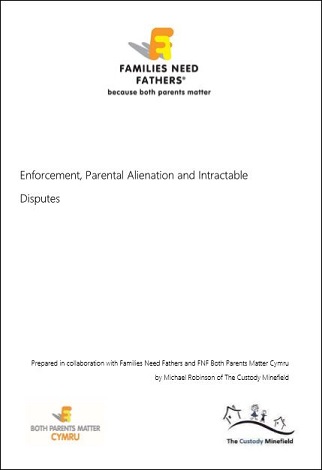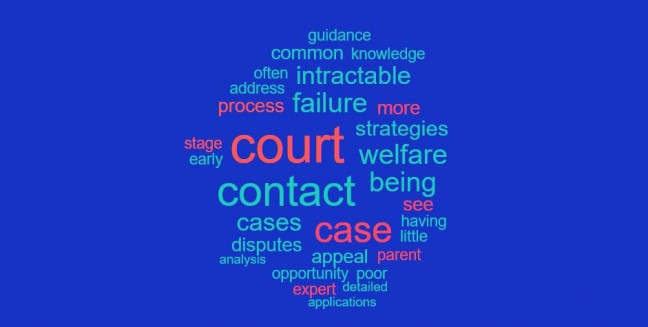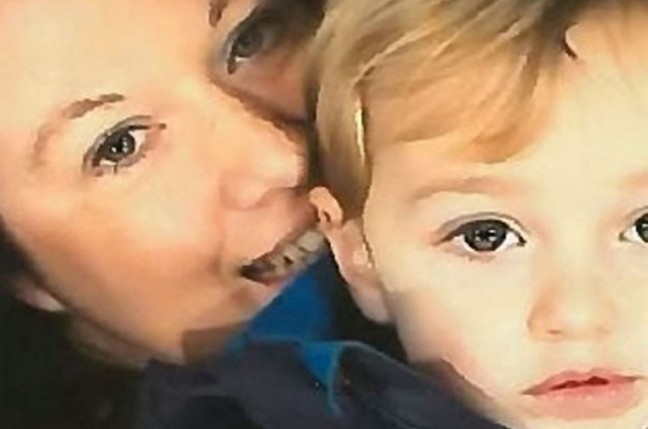F (Children) [2015] EWCA Civ 1315 is yet another case involving alienation where the handling of the case by the lower court was ‘wholly inadequate‘. Not my opinion (actually it is, and I agree…), but that of the Lords Justice who heard the appeal.
The case highlights the failings which are increasingly commonplace in the lower courts. The child has been poisoned by one parent against the other yet the court grants excessive weight to the child’s wishes and feelings at the cost of their welfare needs, and fails to address the issue of the alienating parent’s behaviour. The child is left subject to continued emotional abuse and the parent who sought the court’s help is utterly failed. Months elapse due to the court’s failure to get a grip and problems become entrenched. Continue reading Judicial Judgment ‘Wholly Lacking’ in Intractable Contact Cases










